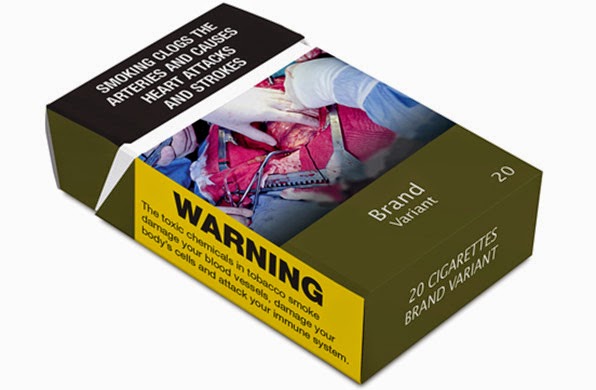There are no ifs, ands or butts about it. Madison town leaders, and many residents, believe it’s time to extinguish smoking at town parks, ball fields and town beaches.
“It’s a great way of taking that out of the public’s eyes so that the youth doesn’t have to look at the smoking and think that that’s something that they may want to do in the future,” said Pete O’Hanlon of Madison.
Resident Peter smokes Doina Soft cigarettes for years and does not like the new move saying it is discriminating.
This evening, as part the 7 p.m. Board of Selectmen meeting, there is a public hearing scheduled where residents can comment on the a proposed measure to ban use of all tobacco products, including e-cigarettes.
“One of the rolls of recreation across the country is to promote healthy lifestyles,” said Scot Erskine, Madison’s director of recreation, whose commission recommended the measure after an annual statewide recreation conference.
“They thought that it would be a much more helpful situation to not have secondhand smoke around,” said First Selectman Fillmore McPherson.
James Repace, a secondhand smoke consultant, says smoking outdoors still creates a hazardous environment for all.
“Failure to ban smoking in outdoor public venues may expose nonsmokers to levels of secondhand smoke as high or higher than received in indoor spaces, where smoking is unrestricted,” wrote Repace, who contends wind blowing in the wrong direction, coupled with multiple cigarette sources, presents the worst outcome.
Eighty-one percent of all Connecticut adults do not smoke. If the Board of Selectmen adopts this measure, the ordinance would take effect 15 days from its passing.
“I know, if I’m sitting at a picnic table and someone is sitting in the next picnic table, smoking a cigar, smoking a cigarette, it can be very offensive,” said Rich Santanelli, a former smoker.



